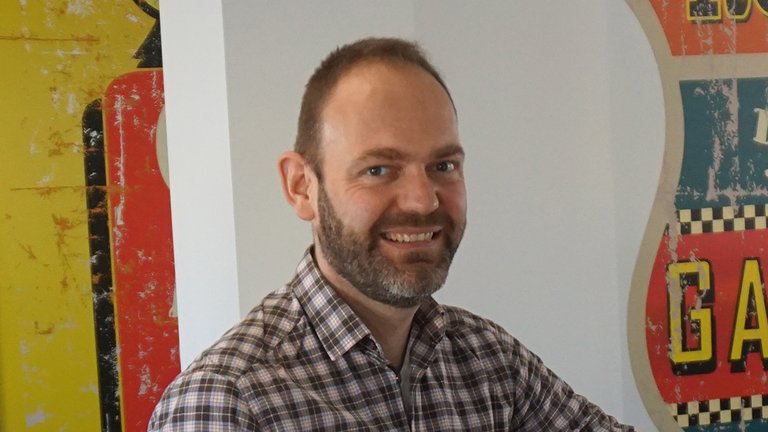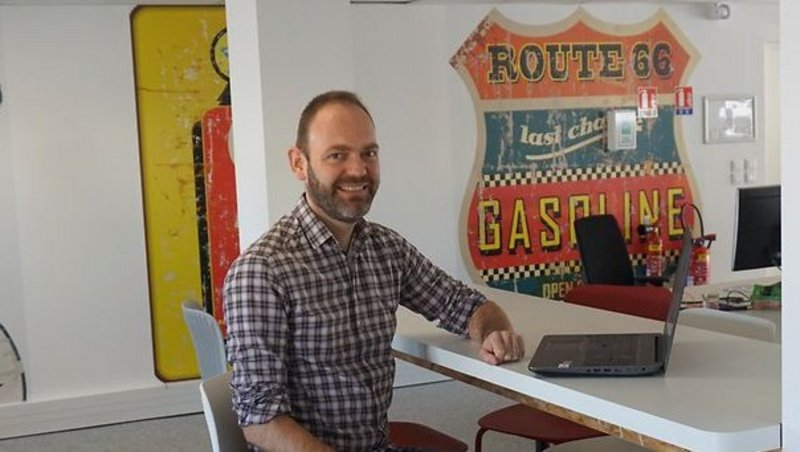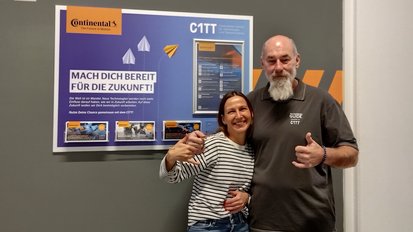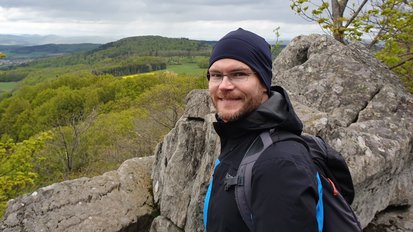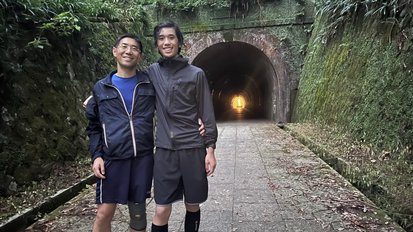The 2nd Edition of Continental Artificial Intelligence Olympics
Continental has a strong focus on Artificial Intelligence (AI) as we are convinced it is one of the keys to enable our digital transformation. However, one doesn’t become an AI-savvy corporation by simply declaring it, there is a steep learning curve every employee must go through.
The Cariño Project. How it all started?
Continental ARtificial INtelligence Olympics, short CARINO, started as a very simple idea: what about we share some of our data challenges amongst employees, and let them develop innovative solutions that serve our business units? After all, there are a lot of AI talents in the company, and by turning the challenge into a game, it is possible to engage any employee to participate, let them be confirmed data scientists or a beginner.
After setting up a platform where participants can compete against each other, we were able to run our first contest early 2020. The topic revolved around our eHorizon project and was a great success, with 100+ participants from all our divisions in 17 countries. Participants reported they had fun and learned a lot, and the models developed where useful for the business unit that provided the data. Yet feedbacks from the least experienced participants was more mitigated, with many reporting it was tough to get into the competition without much prior knowledge.
You can read more about the 1st edition of the Olympics in my previous blog article.
The 2nd Edition of the AI Olympics
That’s how we came up with the idea for a second competition that would be tailored for beginners. Instead of using an internal dataset, we used a public one linked to a very actual topic: wildfires, and more specifically our ability to anticipate their size in order to allow authorities to coordinate and manage measures more efficiently.
The data had the advantage of being smaller in size, and somehow easier to handle. But most importantly, we guided our participants through all steps of the AI process: understanding the topic and the question we were trying to answer, setting up a working environment, developing and submitting a working solution using modern AI techniques.
With the support of the Software Academy (our internal IT training team), all the training sessions were recorded and made available for later replay. The content was also adapted and augmented in order to create a full learning curriculum.
The event attracted so many people that we sometimes reached the maximum number of participants allowed by our virtual meeting tool, which resulted in some contestants not being able to connect! But with the video replay available, it didn’t cause any trouble.
We eventually had a total of 300+ AI enthusiasts from 21 countries taking part to our event, with over 5000+ contributions and 10 online trainings.
Highlights for me
Looking back at the event, there are three main highlights for me.
Firstly, it was very motivating to meet so many colleagues with AI skills in many areas of the business, and also to realize how much appetite people have for learning if you support them along the learning journey.
Also, the winner of this second edition is a colleague from Germany called Leonie. Leonie doesn’t work in AI but was learning and practicing it on her free time. It was great to see a female colleague win this contest as the gender diversity is usually not so great in IT.
Finally, I believe this initiative is pioneering the future of learning: growing together by sharing knowledge as a daily, fun and collaborative experience. Sometimes being the apprentice, sometimes becoming the one who shares: Our role is dual. It is a virtuous circle as we anchor and extend our knowledge by teaching and exchanging on topics we care about.
This article was written by our employee.
